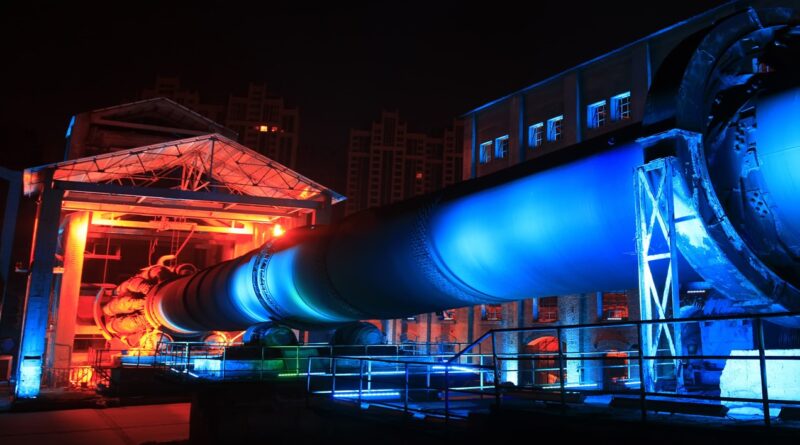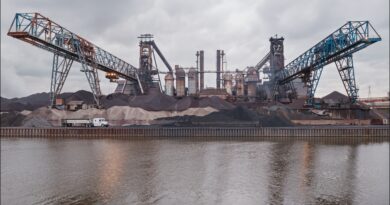World’s first zero emission cement clinker on an industrial scale
A major £6.5m project is led by the Materials Processing Institute to develop the world’s first zero emission cement on an industrial scale. The Cement 2 Zero project will focus on the technical and commercial aspects of this breakthrough development, which the institute attests will bolster green steelmaking, while eliminating the carbon emissions associated with the manufacture of clinker in cement kilns.
Instead, the project aims to create cement clinker using electric arc furnaces (EAFs), which produce steel from recycled scrap metal and lime (EAF flux), using recovered cementitious matrix from recycled concrete as the electric arc furnace flux instead of lime.
The concrete and cement sector is a key part of a combined mineral products industry, which contributed around £16bn to the UK’s GDP in 2018, and directly employs 81,000 people, supporting a further 3.5m jobs; while steel recycling in the UK could expand to £11 Mt per year by recycling all scrap – estimated to be worth £2.8bn per year – with forecasts that the global market for steel recycling may treble over the next 30 years. The Cement 2 Zero project could create new markets within the circular economy, including the valorisation of construction and demolition waste.
Led by national research and innovation centre, the Materials Processing Institute, the two-year project will be conducted in partnership with the University of Cambridge, Tarmac, Atkins, Cardiff-based steel firm Celsa Manufacturing UK, Balfour Beatty, Livingston-based Brewster Brothers Ltd, which specialises in construction, demolition, and waste recycling, and Day Group, a leading supplier of construction materials.
The government-funded project was awarded through UK Research and Innovation (UKRI) as part of its Transforming Foundation Industries challenge.




